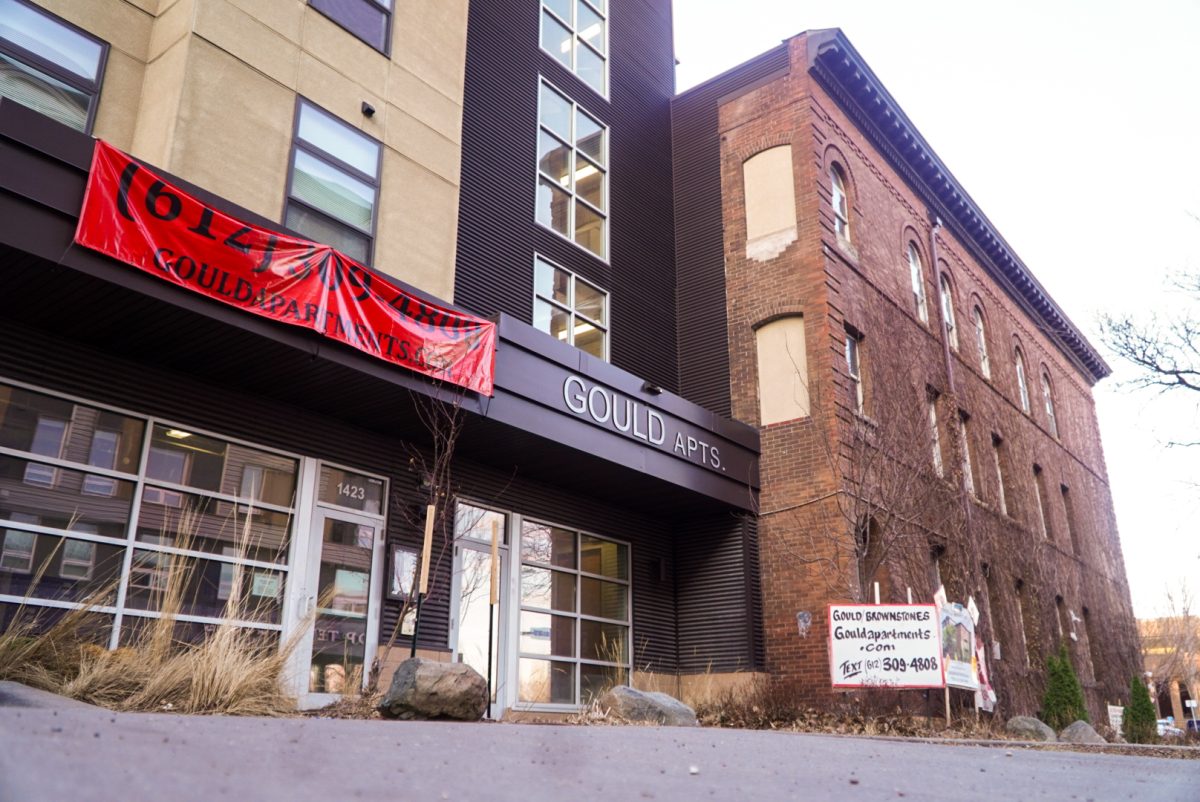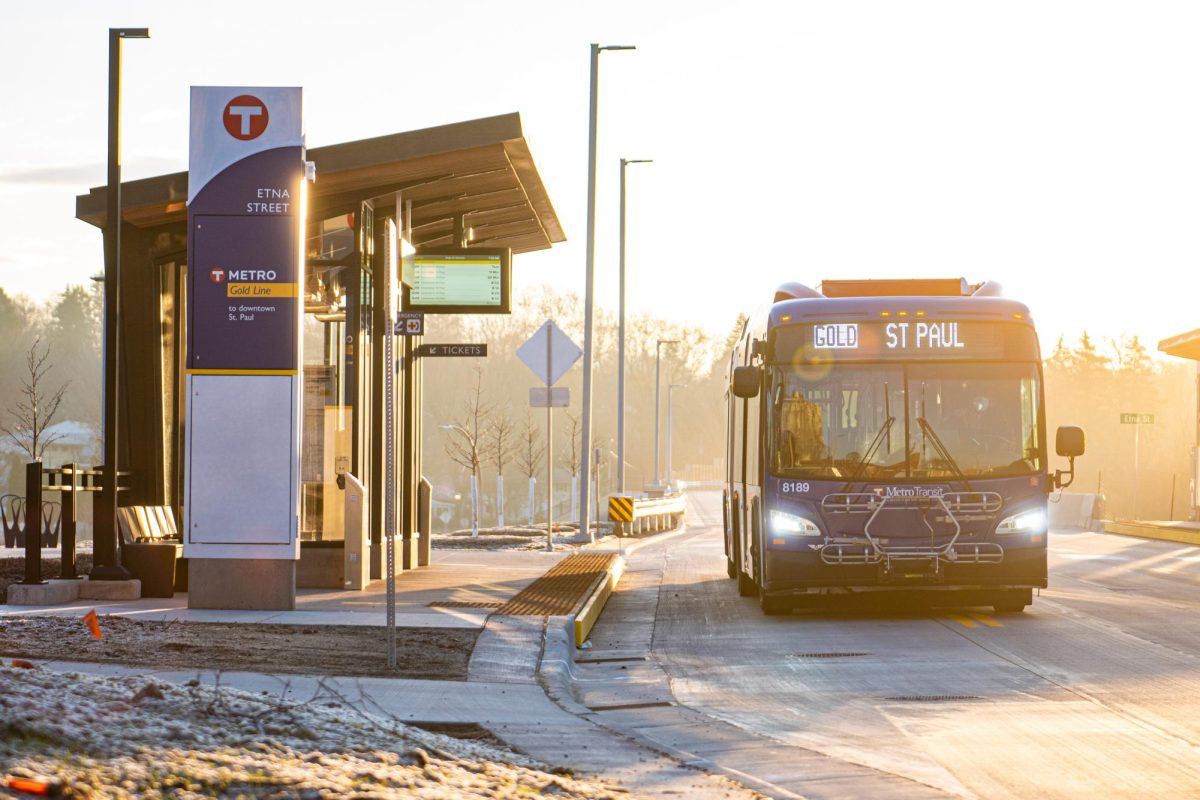For five hours Saturday, a squad of students squared off against strangers on a digital battlefield.
The students are part of the University of Minnesota’s official League of Legends club, which is registered with the Big Ten Network. Last week, the team’s six players each received $5,000 scholarships for participating in the first-ever Big Ten esports competition.
With sponsorship from the game’s founding company, Riot Games, the inaugural Big Ten Network League of Legends tournament attracted all 12 schools in the athletic conference. As colleges across the country have begun to recognize League of Legends teams as official sports, the University’s players are looking to level-up.
Days after the competition, the team started tryouts for next season. Members have their eyes on one main goal: unlocking student-athlete status.
“We want to treat League as if it were a real sport,” said communications coordinator and team member Jeff Wang. “It’s definitely just as rigorous and has as equal depth as any game.”
The team said that they would like the University’s Athletics Department to grant them a devoted team lounge, open 24/7, with increased internet speeds.
“We have a group that is putting in time and effort to represent the school,” Wang said.
The team said they hope to have all their requests hashed out with the University within three years. In turn, they say, their players will be better equipped to compete against school League of Legends teams with similar funding.
“We know other teams are taking it way more seriously than the U is taking it,” Wang said. “And until the added help, we’re trying to take it as seriously as we can.”
Some colleges, like Columbia College, Lourdes University and Robert Morris University, have started recognizing their League of Legend team players as student-athletes and awarding them scholarships.
“Having lots of people who understand what you’re doing and respect what you’re trying to do for the school is awesome,” said League of Legends player Evan Lawson, who receives an athletic scholarship from Robert Morris.
RMU Associate Athletic Director Kurt Melcher said because the players spend just as much time practicing and competing as other student-athletes do, they deserve the recognition.
Official athletic teams are more likely to gain sponsorships from prominent gaming entities, such as ASUS and Alienware, University BTN team member Nick Dutoit said.
Right now, the University’s team is focusing on recruiting the best players on campus in order to get attention from the Athletics Department and big-name brands, Dutoit said.
At the competition, the University placed fourth in its six-team division and qualified for playoffs but lost in the first round.
“This season was a little rough, but it definitely showed the weakness of the team. We’re trying to get a few more players on the roster who have that drive, and overall we want to make the team stronger,” Dutoit said.
With University funding, the team could bring the school’s League of Legends program to the top-tier of electronic sports in the Midwest, Dutoit said.
“The league club is very fun, and I just want more organized infrastructure for the team,” Dutoit said.









